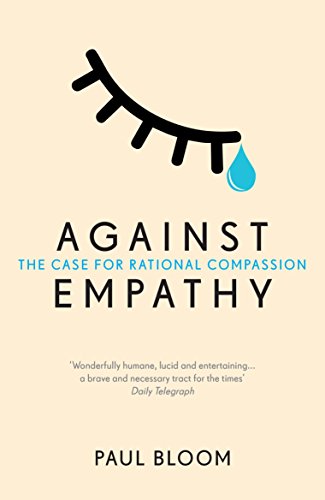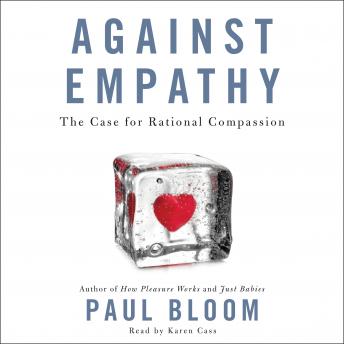

“Empathic people ask themselves, ‘Maybe I need to find out more before I jump to a harsh judgment,’” she said.Įmpathy can also promote better relationships with strangers. 6, 2020).Īnn Rumble, PhD, a psychology lecturer at Northern Arizona University, found empathy can override noncooperation, causing people to be more generous and forgiving and less retaliative ( European Journal of Social Psychology, Vol. E., et al., The Journal of Positive Psychology, Vol.

Daniel Batson, PhD, a professor emeritus of social psychology at the University of Kansas, suggests empathy can motivate people to help someone else in need ( Altruism in Humans, Oxford University Press, 2011), and a 2019 study suggests empathy levels predict charitable donation behavior (Smith, K.

“Scholars have shown across domains that empathy motivates many types of prosocial behaviors, such as forgiveness, volunteering, and helping, and that it’s negatively associated with things like aggression and bullying.”įor example, research by C. “In general, empathy is a powerful predictor of things we consider to be positive behaviors that benefit society, individuals, and relationships,” said Karina Schumann, PhD, a professor of social psychology at the University of Pittsburgh. And even if empathy doesn’t come naturally, research suggests people can cultivate it-and hopefully improve society as a result. As empathy researcher and Stanford University psychologist Jamil Zaki, PhD, describes it, empathy is the “psychological ‘superglue’ that connects people and undergirds co-operation and kindness” ( The Economist, June 7, 2019). Beneficial as those traits are, psychological research suggests empathy may be the umbrella trait required to develop all these virtues.

In a society marked by increasing division, we could all be a bit more kind, cooperative, and tolerant toward others.


 0 kommentar(er)
0 kommentar(er)
